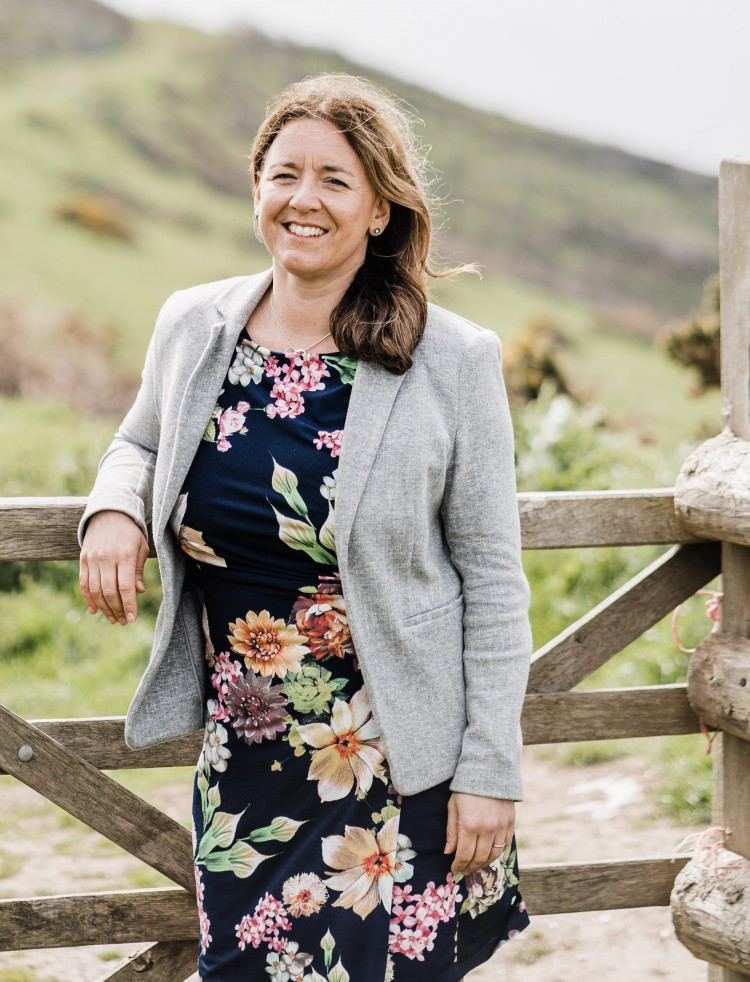T: 01822 851370 E: [email protected]
Urgent need to resolve flooding funding

The last week saw significant amounts of rainfall in a short period of time, leading to significant flooding in areas across the country.
The BBC reported on the story which detailed over 250 flood warnings in place with many forced to evacuate properties and more than 1000 homes flooded.
You can read more at this link
Little may be known about Internal Drainage Boards (IBD), but these public bodies manage water levels in an area, where there is a special need for drainage. They undertake works to reduce flood risk to people and property and manage water levels for agricultural and environmental needs within their areas.
Why are IBD important?
They play a key role in reducing the flood risk to thousands of people who live and work within the boundaries of the IBD and the properties within that area.
Drainage Boards have a vitally important role to protect and support our communities and the economy.
How are they funded?
A special levy funds the work of IBDs, paid by landowners and predominantly by the local authority within that area.
Prior to 2013/14 this was funded via the Revenue Support Grant. Since that time the Revenue Support Grant has been reduced, meaning affected Councils now must fund the levy demands and annual increases through Council Tax yield. With Council Tax increases capped, some local authorities are unable to generate the funds needed to meet the levy demands and the needs of their own statutory services. In some cases, the levy demand increases are outstripping the Council Tax yield, resulting in cuts to services to fund the levies.
This has particularly affected some smaller rural district councils who are facing rising costs.
Why did the cost of the special Levy rise?
A number of factors have influenced the significant rise of the special levy, including the Ukranian war and the increasing cost of fuel, and rising utility costs.
Why do we need change?
A relatively small number of councils are being disproportionately impacted by these rising costs, placing them at significant financial disadvantage. The current funding approach is unsustainable for many small Councils, forcing service cuts to be made and preventing statutory service growth to meet need.
The Councils most significantly impacted have formed a Special Interest Group via the Local Government Association. The Group is raising the matter directly with Government.
Cllr Paul Redgate, Portfolio holder for Finance at South Holland District Council and Chairman of the LGA Special Interest Group - Internal Drainage Board levies, said:
"Internal Drainage Boards play a very important role in managing water levels and reducing flood risk to homes, businesses and farmland. At times of flooding, as seen recently with Storm Henk and with Storm Babet in October, the pumping stations operated by the IDBs worked around the clock pumping water away. The impact of flooding would be even greater without their vital work.
"The special levies that a small number of Councils have to pay through the funds they receive from the council's share of council tax is not sustainable and putting finances at strain. Our ability to afford services our communities rely on is being seriously impacted and is puts us at a disadvantage to other councils who do not have this financial burden.
"Rising costs means the levy is likely to increase even more in the next financial year and beyond.
"The SIG is urgently lobbying the Government to revise the funding mechanism so that the IDBs continue to be funded in an appropriate way which does not impact the money Councils have available for services through council tax and enables the IDBs to carry out their vital work."
The Rural Services Network is supportive of both the local authorities impacted by these costs, and the Internal Drainage Boards, who are feeling the pressures of inflation and rising costs to deliver the services.
 |
Kerry Booth, Chief Executive of the RSN said
|



